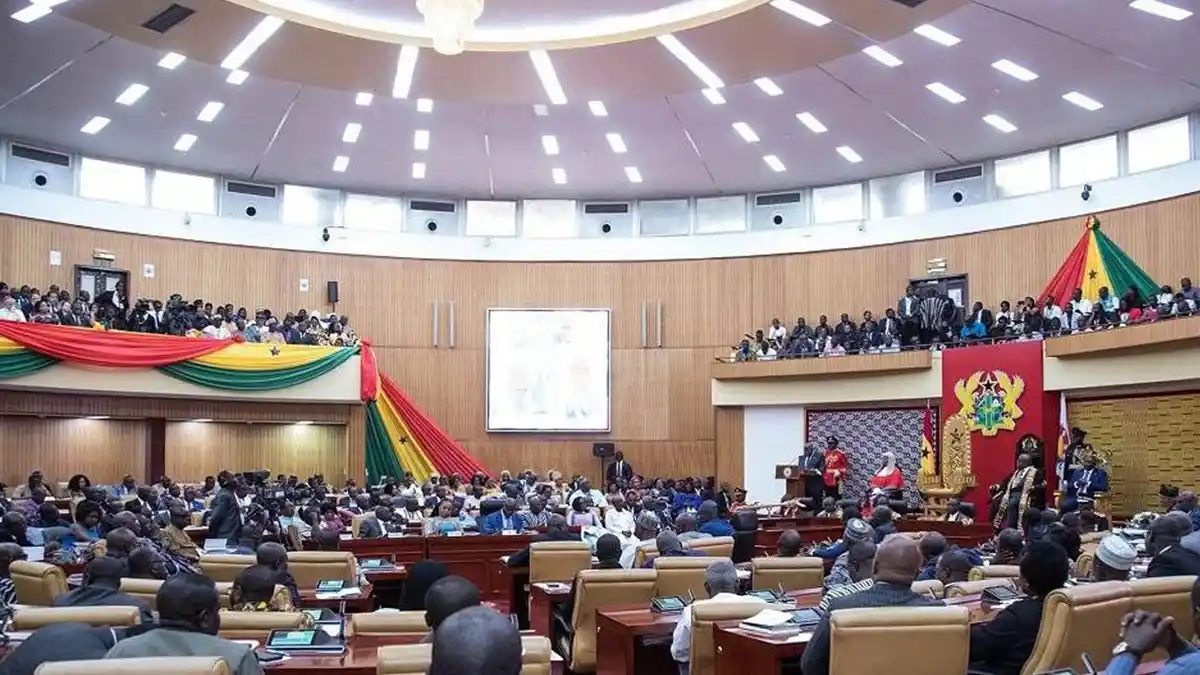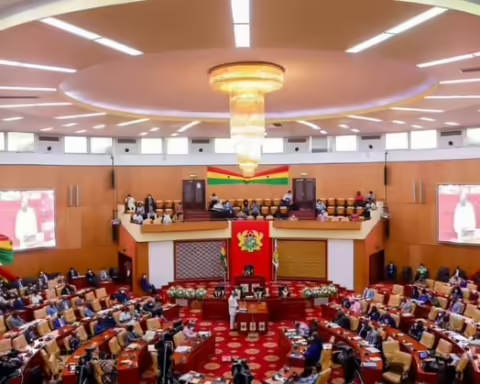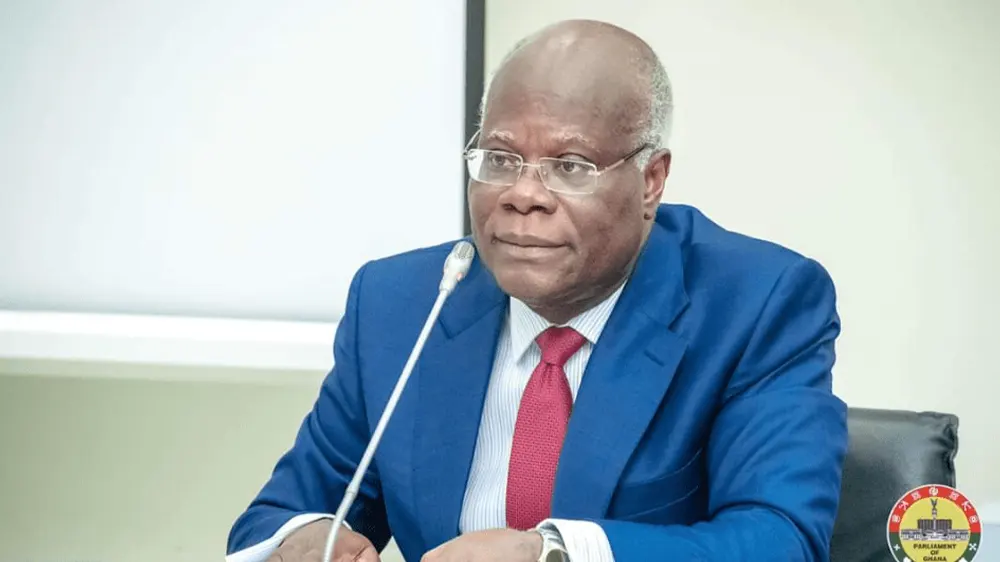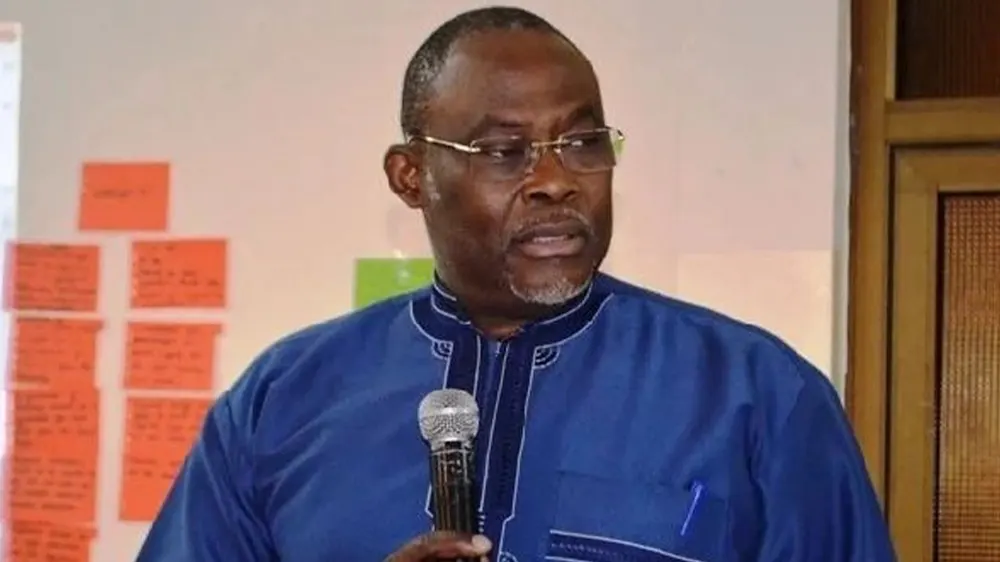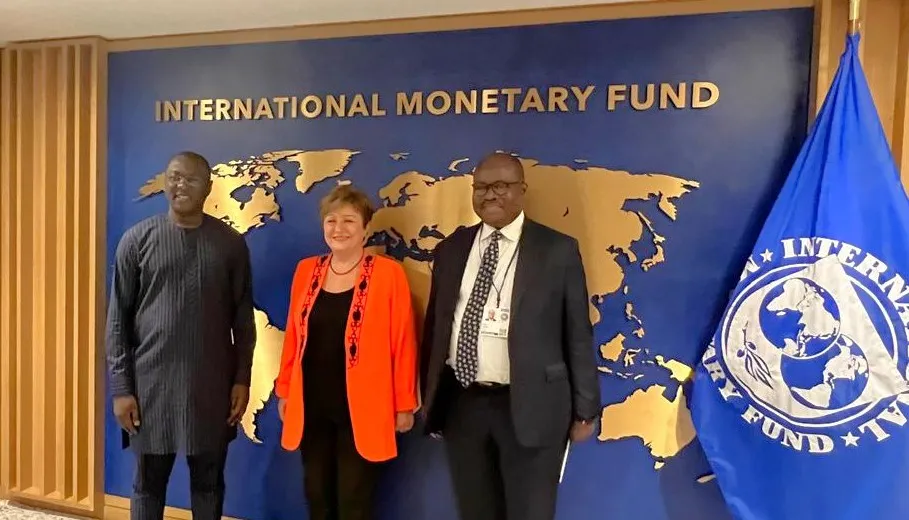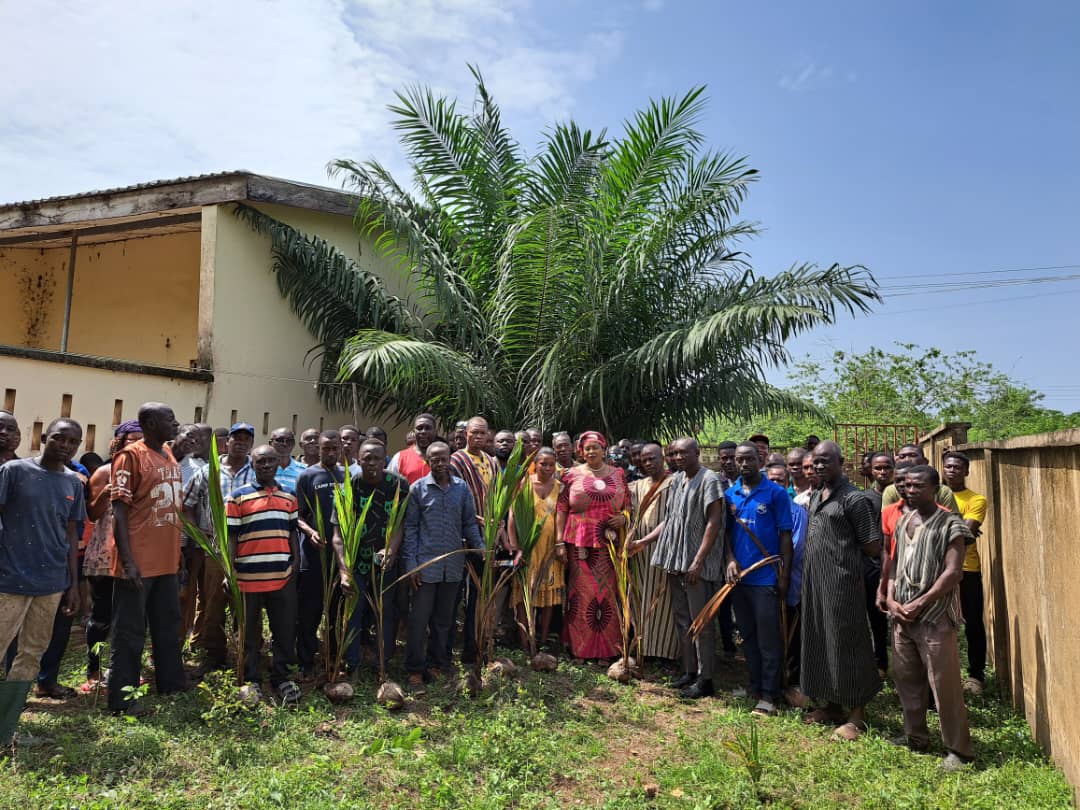Government of Ghana has announced the suspension of the Export and Import Regulations 2023 Bill, postponing its planned implementation following significant opposition and widespread criticism.
The Legislative Instrument aimed to enforce restrictions on the importation of 22 strategically selected goods, including essential items such as rice, animal products, beverages, and construction materials.
The decision to halt the bill's introduction comes in the wake of robust opposition from the Minority caucus in Parliament and various trade industry stakeholders.
The specific items targeted by the bill encompass a range of products, including rice, guts, bladders, poultry, oils, juices, soft drinks, mineral water, noodles, pasta, ceramic tiles, paper products, insecticides, soaps, motor cars, iron, steel, cement, plastics, fish, sugar, clothing, biscuits, and canned tomatoes.
Critics raised concerns about the perceived lack of adequate consultation and the potential for increased corruption under the proposed regulations.
The controversial bill faced a barrage of criticism, prompting the government to reconsider its stance.
Minister of Information Kojo Oppong Nkrumah confirmed the suspension, emphasizing the need for further engagement with stakeholders to address their concerns and ensure a more inclusive decision-making process.
He underlined the significance of garnering support from all stakeholders to boost local production of the affected goods.
“There is the need to get everyone rallying around it because it will ensure that the local production of these items is boosted,” stated the Ofoase-Ayirebi Member of Parliament.
He added, “The idea is to ensure that the outstanding stakeholders get an opportunity to have their views expressed and considered.”

